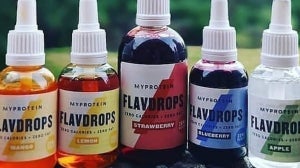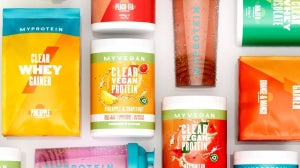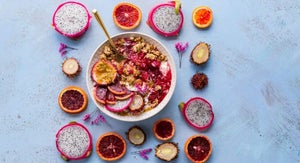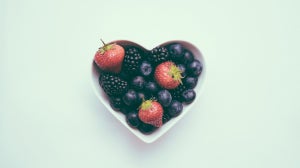
Though it’s there before your eyes when you look down, into the mirror and at photos of yourself, your skin is something you likely ignore or take for granted until there is something wrong with it. But for anyone who struggles with acne, they will know that the struggle is real, as it can have a big impact on your confidence and mental health. Acne can sometimes be hereditary, but understanding a little more about it can take you a step closer to conquering some of its symptoms.
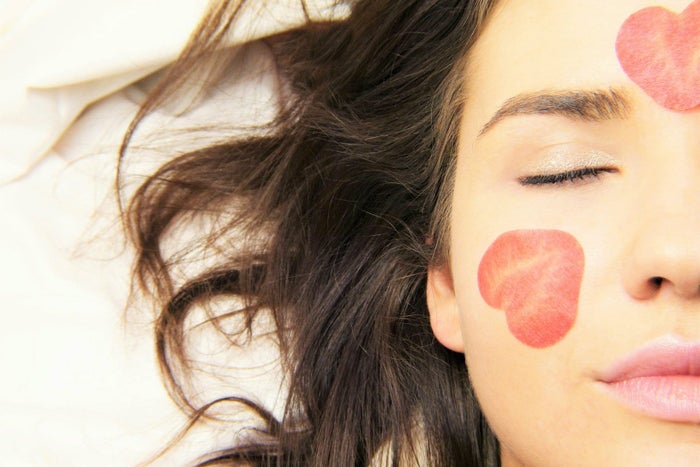
What is Acne?
Acne is a skin condition that many people can identify with, but few know what it actually is. Acne is to do with your sebaceous glands, which are tiny glands attached to your hair follicles near the surface of your skin. Your hair grows out of these follicles and your sebaceous glands lubricate hair and skin to keep it from going dry by creating sebum – an oil-like substance. When someone suffers from acne, their glands produce too much sebum and an imbalance is created, so that all the extra oily sebum mixes with dead skin cells and clog up the hair follicle. The trouble then is that bacteria, which may usually be harmless, can infect the bunged up follicle.
What Causes Acne? Factors That Affect Your Skin
The most common go-to remedies are lotions and medicines designed to tackle the problem at hand, but maybe it’s time to take a look at management and preventative measures, rather than a fix when something goes wrong?
Genetics
There are unfortunately many triggers that can set off a spell of acne. Acne can actually run in your family, meaning that some people are predisposed to it. According to the NHS, eight in ten cases of adult acne affect women, and it is believed this may be a result of changes of hormone levels, such as monthly cycles, pregnancy and polycystic ovary syndrome.
Lifestyle
Smoking and drinking alcohol do your skin no favours, either. Alcohol ages your skin more rapidly and can enhance signs of dehydration, showing unwanted lines and swelling. While the answer isn’t necessarily to cut booze altogether for healthier skin, you can drink in moderation, ensure that you hydrate, avoid binging and cocktails. The good news is there are ‘healthier’ types of alcohol, like red wine, which aren’t a cure but do contain a higher amount of antioxidants.
Smoking is bad across all board, but if you smoke socially to look cool, think again – those cigarettes deprive your skin of oxygen and nutrients, leaving it looking, well, dead. Next time you read about someone opting for collagen treatment to cure wrinkles and sagging, just remember that it is cigarettes that lead to the loss of that collagen and elastin, which keep the spring in your skin.
Stress
Almost as bad as smoking is too much stress, which can worsen skin conditions such as acne. This is because your body releases cortisol, which is a hormone that increases the oil production in your skin.
Irritants
If you are prone to acne, pressure on a particular area of your skin can bring on a spell – for example, a watch, hat or rucksack. Some cosmetics can cause acne if they contain too much oil, or alternatively if they dry up your skin, causing your skin to overcompensate and produce more sebum.
Acne Myths
There are also a fair few myths that we ought to dispel. First of all, acne is not infectious and can’t be caught from other people. No conclusive research suggests that your diet directly causes acne. No conclusive evidence states that sunbathing can improve acne.
Tips For Healthier Skin
Keep hydrated. You will reap health benefits in many ways – especially during exercise - by seeing that your body gets all the water that it needs. When it comes to the skin that you’re in, you can do yourself a favour and keep it from sagging, getting dry, red and flaky by keeping hydrated.
Get your antioxidants. Vitamins are not some little-known secret – our aforementioned list is essential in keeping your skin in good health, especially the ones with antioxidant properties. Along with daily supplements, keep an eyes our for superfoods that contain all the antioxidants you can get.
Limit contact with the sun. The sun is good for you in many ways, especially as a source of vitamin D, but it is also a very good way to damage your skin. Absorb it in moderation, wear sun cream and moisturise afterwards.
Pollution is bad. Really? you say. Not to point out the obvious, but you maybe didn’t also realise that one of the ways pollution can affect you is by damaging your skin. Sometimes the level of pollution indoors can be worse than it is outside, so keeping plants in your house can cure the air as a kind of filter.
Get your rest. Sleep helps by allowing your skin to repair. Getting into a routine also helps with stress, which we have established is a real problem for healthy skin, so do your best to get into a sleeping a pattern and bring your stress levels down before you hit the hay.
Work out. Exercise enhances your mood and bodily functions due to the flow of blood and oxygen. This affects your skin, sending the essential nutrients from your diet to your skin. It also helps to keep your stress levels in check, not to mention that sweating is a great way to flush out unwanted grime.
Our articles should be used for informational and educational purposes only and are not intended to be taken as medical advice. If you're concerned, consult a health professional before taking dietary supplements or introducing any major changes to your diet.



